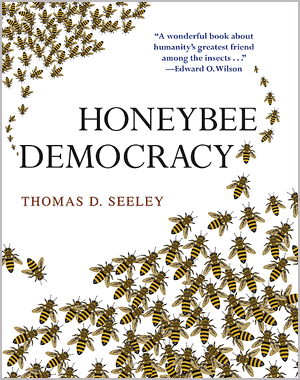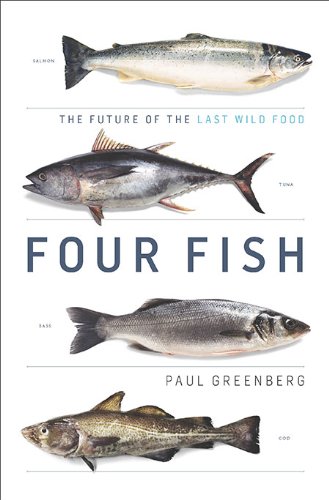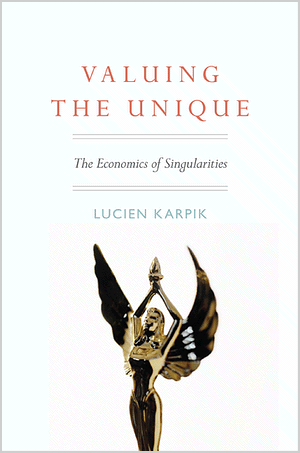When you want to get good at something, how you spend your time practicing is far more important than the amount of time you spend. In fact, in every domain of expertise that’s been rigorously examined, from chess to violin to basketball, studies have found that the number of years one has been doing something correlates only weakly with level of performance....
Benjamin Franklin was apparently an early practitioner of this technique. In his autobiography, he describes how he used to read essays by the great thinkers and try to reconstruct the author’s arguments according to Franklin’s own logic....
The secret to improving at a skill is to retain some degree of conscious control over it while practicing—to force oneself to stay out of autopilot....
Unlike mammographers, surgeons tend to get better with time. What makes surgeons different from mammographers, according to Ericsson, is that the outcome of most surgeries is usually immediately apparent—the patient either gets better or doesn’t—which means that surgeons are constantly receiving feedback on their performance. They’re always learning what works and what doesn’t, always getting better. This finding leads to a practical application of expertise theory: Ericsson suggests that mammographers regularly be asked to evaluate old cases for which the outcome is already known. That way they can get immediate feedback on their performance.
-Foer, Joshua (2011-03-03). Moonwalking with Einstein: The Art and Science of Remembering Everything . The Penguin Press. Kindle Edition.
Foer, citing Anders Ericcson and confirming with his own experience, says that what is happening at a plateau is that you are doing too much on auto-pilot. Instead, you have to jar yourself into engaging in the activity more consciously....
I wonder if there is an analogy with firms or even larger economic units. That is, a firm is bound to operate on "autopilot" to a large extent, but if it does so it will reach a plateau. And maybe firms or larger economic units sometimes have to cut back on autopilot and do worse for a while in order to escape a plateau.








